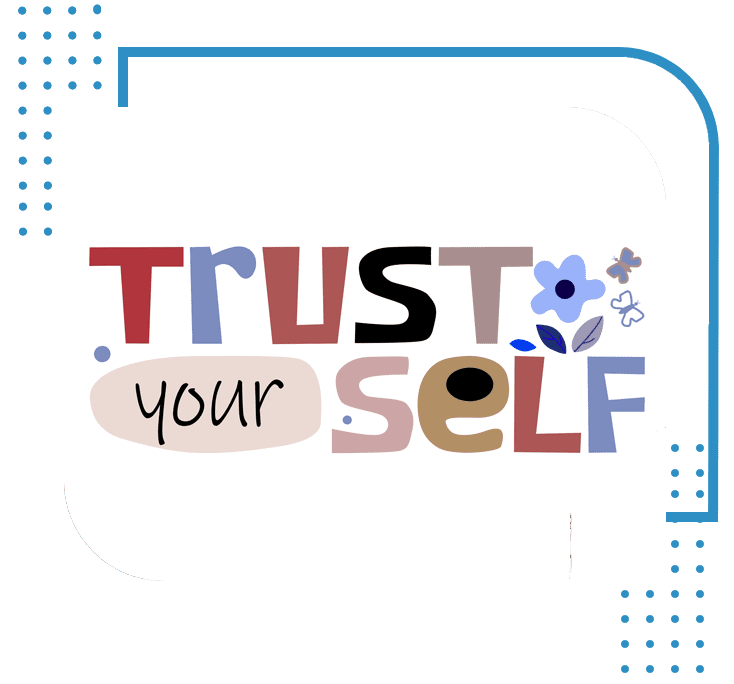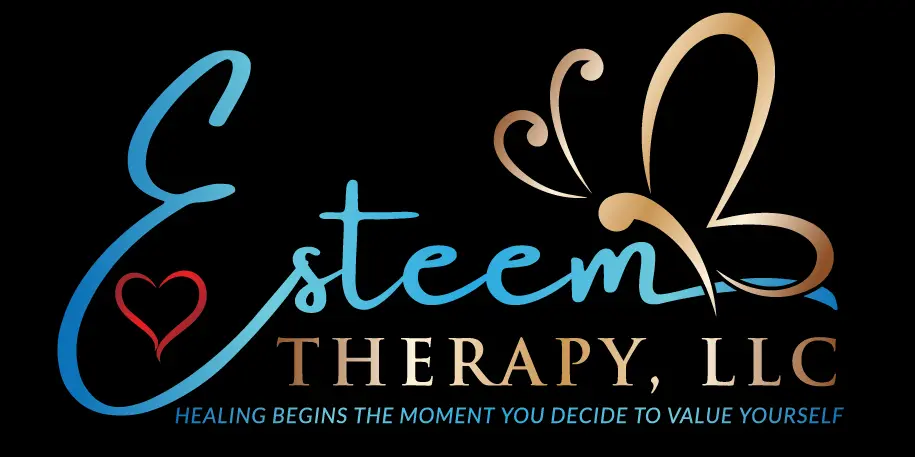THERAPEUTIC TECHNIQUES

CBT - Cognitive Behavioral Therapy
CBT is the leading evidence-based treatment for anxiety and eating disorders.
CBT is a psychotherapeutic approach that involves a variety of techniques. These approaches help an individual to understand the interaction between his or her thoughts, feelings, and behaviors and develop strategies to change unhelpful thoughts and behaviors in order to improve mood and functioning.
CBT is goal-focused and requires homework to be completed between sessions. CBT is collaborative with therapist and client working together. Active participation is needed by the client.

DBT - Dialectical Behavioral Therapy
DBT teaches clients effective coping skills to better manage painful emotions and to reduce conflict in relationships.
DBT consists of four modules:
- Mindfulness aids in improving the client’s ability to accept and be in present moments.
- Distress Tolerance focuses on improving the client’s tolerance to overwhelming negative emotions rather than trying to escape or avoid feeling.
- Emotion Regulation teaches skills to better manage and shift intense negative emotions causing issues in the client’s life.
- Interpersonal Effectiveness teaches assertive communication skills that support healthy relationships and maintain self-respect.



Who Benefits from CBT vs DBT?
CBT works best with anxiety disorders and post-traumatic stress disorder.
DBT works best with pervasive mood dysregulation which includes borderline personality disorders, chronic suicidality.
Both have been shown to be especially effective at treating anxiety disorders, depressive disorders, eating disorders, substance disorders.
Goals of CBT and DBT
CBT focuses on how your thoughts, feelings, and behaviors affect one other. Clients learn how to change any of those aspects in order to change the others. CBT components include identifying ineffective thought patterns, adjusting behaviors, and being mindful, staying in present moments. The goal of CBT is to increase self-awareness by developing skills to identify, challenge, and change cognitive distortions in order to decrease symptoms that decrease quality of life.
DBT takes that and builds upon it. DBT focuses on the balance between acceptance and altering thoughts, emotions, and behaviors. By teaching HOW to practice both acceptance (mindfulness and distress tolerance) and change (emotion regulation and interpersonal effectiveness), clients can develop effective skills to help decrease destructive behaviors and thought traps and increase satisfaction creating a life worth living.
Is CBT or DBT right for you?
Do you frequently or almost always engage in negative self-talk? Are you an all-or-nothing thinker? Are these things causing you inner turmoil but externally you feel stable? If yes, try CBT.
Does the above apply to you AND you are experiencing trouble in relationships, maybe even struggle to maintain healthy relationships? Do you tend to swing between feeling like you are in crisis unable to regulate volatile emotions and feeling stable with repressed emotions? When these things are impacting your external world, including relationships, try DBT.
If you think that both CBT and DBT will work for you, give one a try for a couple of months. See if it works. You can always change to the other if needed. Both CBT and DBT will provide you with healthy coping skills.

ACT - Acceptance and Commitment Therapy
ACT is action-oriented and originates in traditional behavior and cognitive behavioral therapy. ACT focuses on the acceptance of self and others and commitment to change and self-improvement. Clients are taught skills to help them stop avoiding, denying, and struggling with deep emotions. ACT teaches clients how to accept that experiencing such intense emotion is appropriate to certain situations and it does not need to prevent them from progressing in life. Gaining this awareness, clients can accept their struggles and commit to creating needed change in their behavior, no matter what else may be happening in life or how they feel about what is happening.

When is ACT Used?
ACT has been used effectively to treat workplace stress, performance anxiety, social anxiety disorder, depression, obsessive-compulsive disorder, and medical conditions such as chronic pain, substance abuse, and diabetes.

Narrative Therapy
Narrative therapy focuses on exploring and adjusting the stories told about one’s life in order to create positive change and improved mental health. Narrative therapy looks at the client as the expert of his or her own life and views them as separate from their problems.
The goal of narrative therapy is to help clients adjust and tell alternative stories about their lives so that they align with who and what they want to be, ultimately creating positive change.
Narrative therapy does not pathologize, does not cast blame, and views clients as experts in their own lives.
Narrative therapists support clients in externalizing their problems and strive to have clients view their problems as separate from themself. The goal is for the client to stop seeing a problem as an unchangeable part of themselves, but as an external issue that can be changed.

EFIT – Emotionally Focused Individual Therapy
Dr. Sue Johnson's Emotionally Focused Individual Therapy (EFIT): Attachment-based Interventions was developed to treat Trauma, Anxiety and Depression. EFIT is grounded in hundreds of studies on human attachment and decades of research. EFIT is an evidenced based approach created to help clients learn to regulate emotions and shift into emotional balance.
EFIT aims to help clients develop trust in the self.
EFIT Goals:
To provide corrective experiences that support improved relationship with self, improved relationships with others and influence lasting change.
To provide a safe space for clients to be vulnerable.
To support clients in being open, responsive, fully engaged and developing secure attachment with others.
To support clients in developing a sense of competency in self and confidence in their ability to cope with real life issues.
To enable clients to experience life feeling fully alive.
